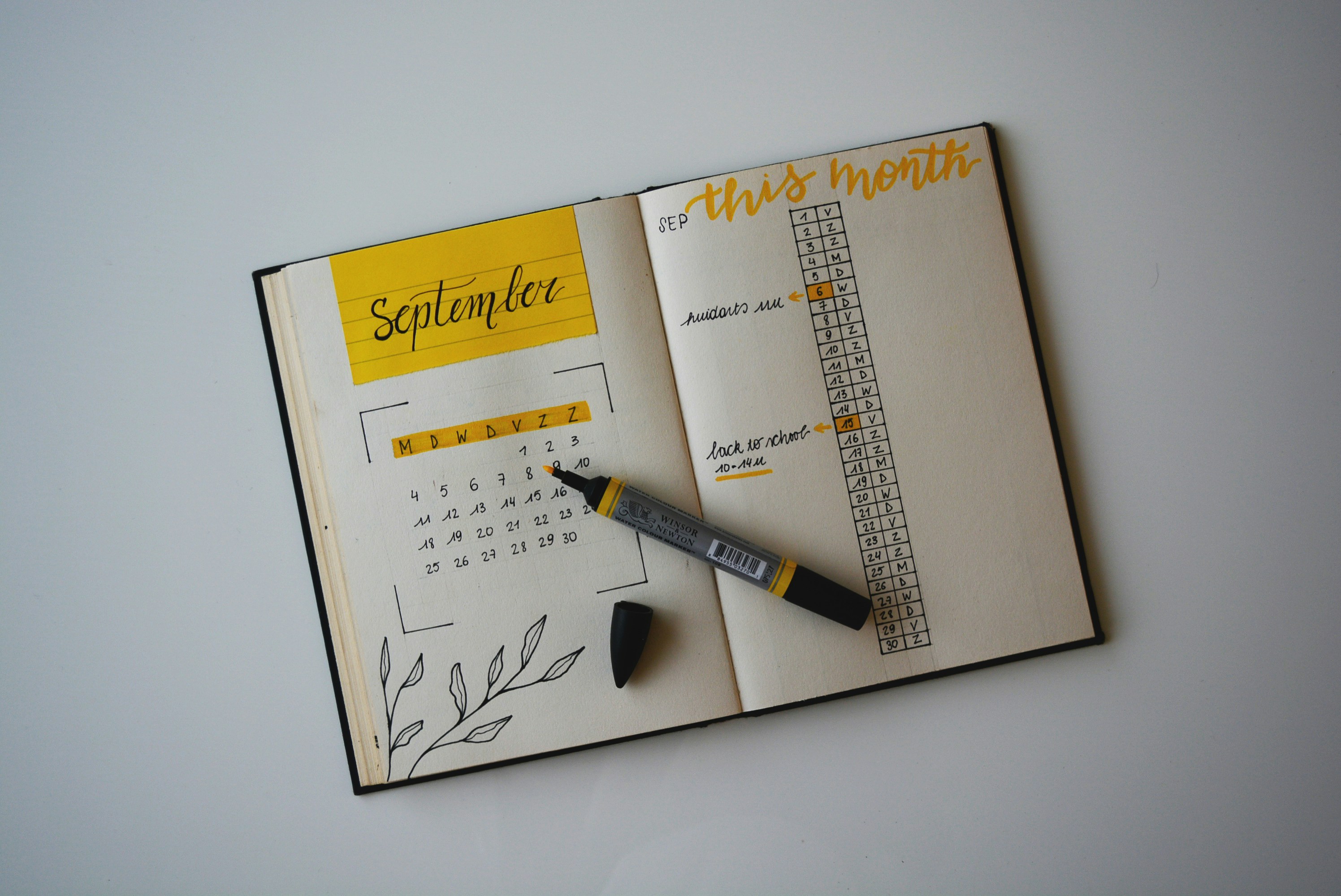Table of Contents
- Introduction
- I. Settling In
- Airport Arrival
- Orientation and Enrollment
- II. Opening a Bank Account
- III. Exploring the City and Campus
- Getting to know the local area
- University resources and services
- IV. Building a Support Network
- Connecting with fellow students
- Engaging with the local community
- V. Health and Well-being
- Registering with a General Practitioner (GP)
- Prioritizing Self-care
- Conclusion
- FAQs
Do not index
Do not index
source
Review Status
Completed
Created time
Jun 7, 2023 10:04 AM
Introduction
Embarking on a journey to study abroad in the United Kingdom is an exciting and invigorating experience. For international students pursuing their master's degrees, the UK has consistently been a preferred destination. As you set foot in the UK, it is crucial to be well-prepared and equipped with the necessary knowledge to ensure a seamless transition and make the most of your study abroad adventure. In this comprehensive guide, we will outline the top 5 essential tasks you should undertake upon arrival in the UK. This includes arranging accommodation, obtaining important documents, and immersing yourself in the local culture. Our aim is to provide you with invaluable insights and practical tips that will help you successfully navigate your new environment.
I. Settling In

Airport Arrival
Arriving at a new country's airport can be both exciting and overwhelming. To ensure a smooth arrival at the UK airport, consider the following tips:
- Plan your transportation: Research transportation options from the airport to your accommodation. Familiarize yourself with the local public transportation system or arrange for a taxi or shuttle service in advance.
- Have essential information handy: Keep important contact numbers, including your accommodation provider and the university's international office, easily accessible. This will help you in case you encounter any issues or need assistance upon arrival.
- Manage your luggage: Ensure your luggage is securely labeled and easy to identify. Keep important documents, such as your passport and visa, within reach in a carry-on bag. Consider using luggage tags or unique markers to make your bags easily identifiable.
Orientation and Enrollment
Upon reaching the UK, attending university orientation programs and completing the enrollment process are essential steps to get started with your academic journey. Here's what you need to know:
- University orientation programs: Participate in the orientation programs organized by your university. These sessions are designed to familiarize you with the campus, facilities, academic resources, and support services. Take advantage of this opportunity to meet fellow students and get acquainted with university life.
- Register for classes: Follow the instructions provided by your academic department to select and register for your courses. Be mindful of any deadlines and prerequisites. Seek guidance from academic advisors if needed.
- Understanding the academic system: Familiarize yourself with the structure of the UK education system, including grading systems, class formats, and assessment methods. Attend any workshops or sessions that provide insights into academic expectations and study skills.
II. Opening a Bank Account

Having a local bank account in the UK offers convenience and facilitates managing your finances. Here's what you need to know about opening a bank account:
- Research different banks: Explore various banks in the UK to find the one that suits your needs. Consider factors such as banking fees, online banking services, and accessibility of branch locations.
- Required documents: Check the documentation requirements for opening a bank account. Generally, you will need your passport, proof of address (such as a rental agreement or university confirmation letter), and proof of student status.
- Visit the bank: Once you have chosen a bank, visit their branch to initiate the account opening process. The bank representatives will guide you through the necessary steps and assist you with any queries you may have.
- Manage your finances: Upon opening a bank account, familiarize yourself with online banking services and set up automatic payments or direct debits for recurring expenses. This will help you effectively manage your finances throughout your stay in the UK.
III. Exploring the City and Campus

Getting to know the local area
Exploring the local area is an exciting part of studying abroad. It allows you to discover the charm of your new city and make the most of your cultural experience. Here are some tips to help you get started:
- Public transportation: Familiarize yourself with the local public transportation system, such as buses, trains, trams, and underground services. Obtain a travel card or app to conveniently navigate the city.
- Local attractions and landmarks: Take the time to explore popular local attractions, landmarks, and points of interest. Visit museums, parks, historical sites, and cultural hotspots to immerse yourself in the rich heritage and vibrant atmosphere of the UK.
University resources and services
Your university offers a wide range of resources and services to support your academic and personal development. Make sure to take advantage of these offerings:
- Campus facilities: Discover the various facilities available on campus, such as libraries, study spaces, computer labs, sports centers, and student lounges. These spaces provide conducive environments for learning, research, and relaxation.
- Academic support services: Familiarize yourself with academic support services offered by your university, such as writing centers, tutoring programs, and workshops. These resources can help you enhance your study skills, improve your academic performance, and seek guidance when needed.
- Student organizations: Get involved in student organizations and clubs that align with your interests and passions. These groups provide opportunities to make friends, expand your network, and engage in extracurricular activities that complement your academic journey.
IV. Building a Support Network

Connecting with fellow students
Building a support network is crucial for a fulfilling study abroad experience. Here are some ways to connect with fellow students:
- Join student societies: Engage in student societies and clubs related to your interests, hobbies, or cultural background. These groups provide a platform to meet like-minded individuals and build lasting friendships.
- Attend social events: Participate in social events organized by your university or student organizations. These events can range from orientation parties and cultural festivals to sports tournaments and movie nights. They offer opportunities to mingle with fellow students and create memorable experiences.
Engaging with the local community
Embracing the local community can enrich your cultural understanding and create meaningful connections beyond the university campus. Consider the following:
- Volunteer opportunities: Seek out local volunteer organizations or community projects that align with your interests. Contributing your time and skills to worthwhile causes can provide a sense of fulfillment and enable you to make a positive impact in the community.
- Explore the local culture: Immerse yourself in the local culture by attending festivals, visiting historical sites, trying traditional cuisine, and engaging in cultural activities. The UK has a diverse and vibrant cultural scene, offering countless opportunities for exploration and discovery.
V. Health and Well-being

Registering with a General Practitioner (GP)
Maintaining good health is essential during your time in the UK. Registering with a local General Practitioner (GP) ensures access to primary healthcare services. Here's what you need to do:
- Research local GP practices: Find a GP practice near your accommodation or university campus. Consider factors such as their opening hours, availability of multilingual staff, and proximity to public transportation.
- Register as a patient: Contact the chosen GP practice and follow their registration process. You may need to fill out a registration form and provide identification documents.
- Emergency services: Familiarize yourself with emergency services such as the National Health Service (NHS) helpline, local hospitals, and walk-in clinics. In case of medical emergencies, know the appropriate steps to take and when to dial emergency services.
Prioritizing Self-care
Studying abroad can be demanding, so it's crucial to prioritize self-care and maintain your well-being. Consider the following:
- Establish a routine: Create a daily routine that includes dedicated study time, leisure activities, exercise, and restful sleep. Maintaining a balanced schedule promotes productivity and reduces stress.
- Stay active: Engage in physical activities that you enjoy, such as joining a sports club, going for walks or runs, or attending fitness classes. Regular exercise not only benefits your physical health but also boosts your mood and overall well-being.
- Seek support: If you encounter challenges or feel overwhelmed, don't hesitate to seek support from university counselors, student support services, or mental health resources. Your well-being is important, and there are professionals available to assist you.
Conclusion
As an international student studying in the UK, following these 5 important steps after reaching your destination will contribute to a positive and successful study abroad experience. From arranging accommodation and obtaining necessary documents to exploring the local culture and prioritizing your well-being, each step plays a vital role in your transition and integration. Embrace the opportunities that studying in the UK offers, connect with fellow students, engage with the local community, and make the most of this transformative journey. Remember, with preparation, an open mind, and a positive attitude, your study abroad experience in the UK can be truly remarkable. Best of luck on your exciting adventure!
FAQs
Q1: How early should I start looking for accommodation in the UK?
A1: It's advisable to start your search for accommodation as soon as you receive your acceptance letter. This will give you ample time to explore different options and increase your chances of finding suitable housing.
Q2: What documents do I need to open a bank account in the UK?
A2: To open a bank account, you will typically need your passport, proof of address (such as a rental agreement or university confirmation letter), and proof of student status. It's best to check with the specific bank you choose for any additional requirements.
Q3: How can I connect with fellow students and build a support network?
A3: Joining student societies, participating in social events, and engaging in extracurricular activities are excellent ways to connect with fellow students. These opportunities allow you to meet like-minded individuals and build friendships.
Q4: How can I prioritize my health and well-being while studying in the UK?
A4: Prioritizing your health and well-being is crucial. Registering with a local General Practitioner (GP), maintaining a balanced routine, staying active through exercise, and seeking support when needed are all important steps to prioritize your well-being.
Q5: Are there any resources available to assist with academic support?
A5: Yes, universities in the UK offer a range of academic support services, such as writing centers, tutoring programs, and workshops. These resources are designed to help you enhance your study skills, improve your academic performance, and seek guidance when necessary.
Q6: How can I explore the local area and immerse myself in the UK culture?
A6: Familiarize yourself with the local public transportation system to easily navigate the city and visit popular attractions, landmarks, museums, and cultural hotspots. Participating in local festivals, trying traditional cuisine, and volunteering in the community are also great ways to immerse yourself in the UK culture.
Q7: What should I do in case of a medical emergency in the UK?
A7: In case of a medical emergency, dial emergency services immediately. Familiarize yourself with the National Health Service (NHS) helpline and local hospitals. Understanding the appropriate steps to take in an emergency will ensure you receive the necessary medical assistance.
Q8: How can I make the most of my university resources and facilities?
A8: Take advantage of the various resources and facilities offered by your university. Explore campus facilities such as libraries, study spaces, and sports centers. Additionally, engage with academic support services and get involved in student organizations that align with your interests.
